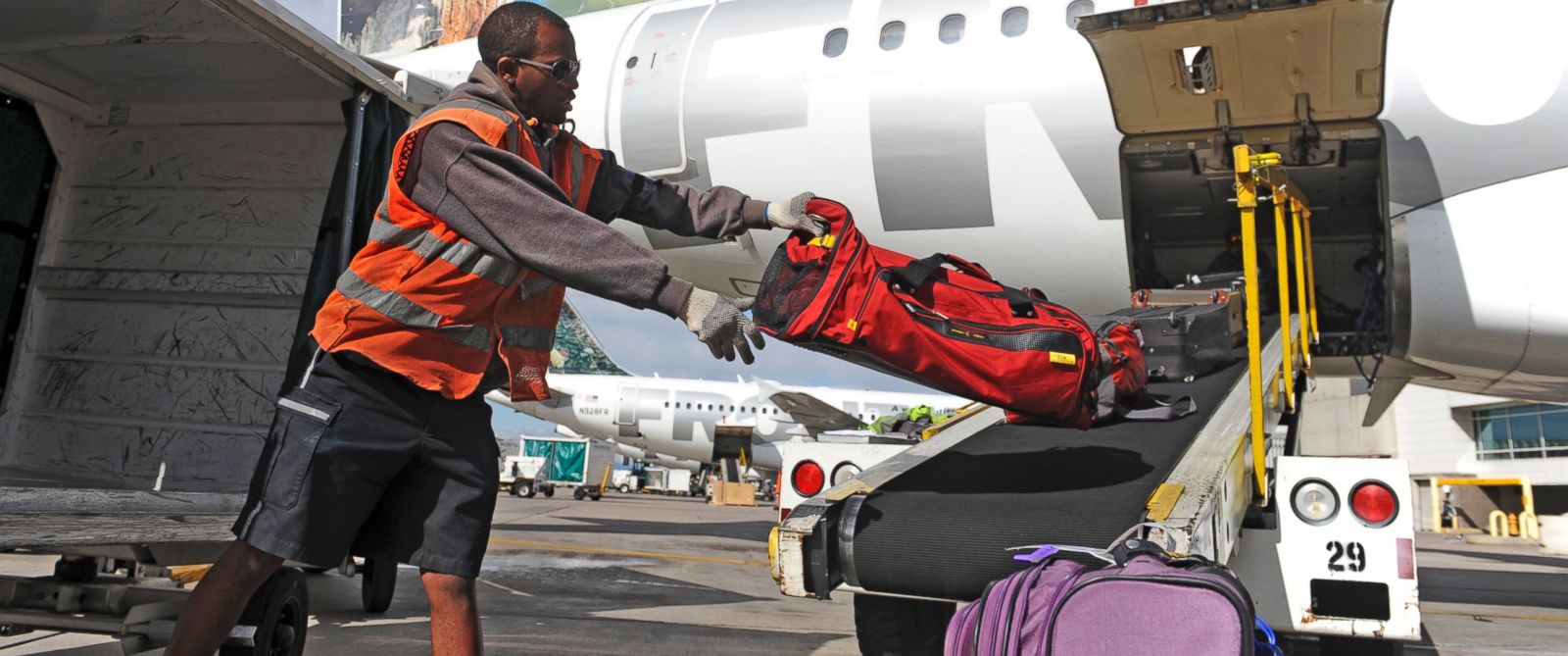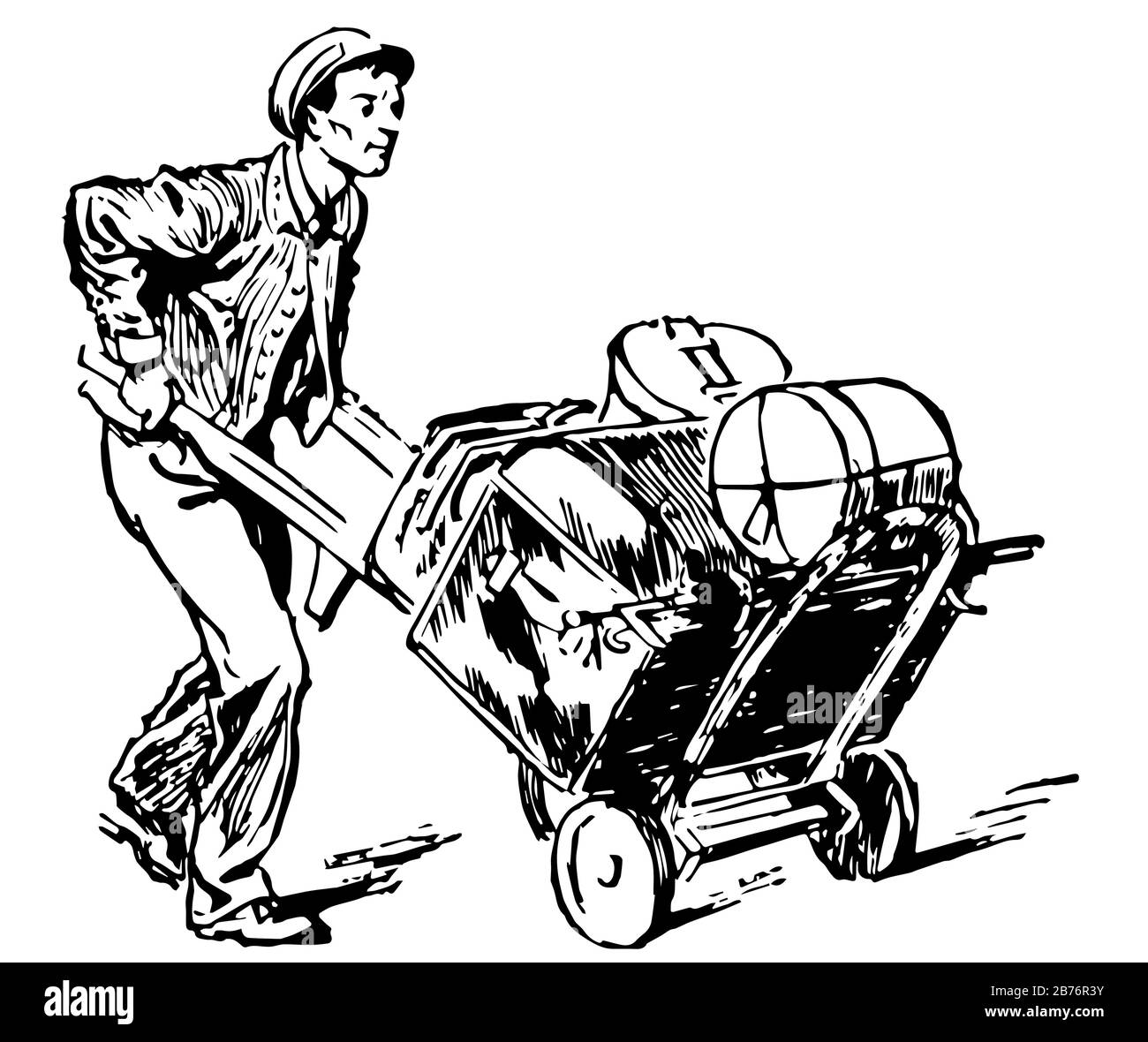Historical Evolution of the Porter: Porter Definition

The porter profession, with its roots in ancient times, has played a vital role in facilitating trade, travel, and the movement of goods throughout history. From humble beginnings as simple carriers to their evolution into specialized roles, porters have adapted to changing societal needs and technological advancements.
Origins and Early Roles, Porter definition
The origins of the porter profession can be traced back to ancient civilizations, where individuals were employed to transport goods and people. In ancient Egypt, for example, porters were responsible for carrying heavy loads, such as building materials and agricultural products, across vast distances. In ancient Rome, porters played a crucial role in the logistics of the empire, transporting goods to and from distant provinces.
Medieval and Renaissance Periods
During the medieval and Renaissance periods, porters continued to play a vital role in society, particularly in urban centers. They were responsible for carrying goods to and from markets, transporting luggage for travelers, and providing other essential services. The emergence of guilds and trade organizations in these periods led to the standardization of porter services, with regulations governing their duties, fees, and working conditions.
The Industrial Revolution and Beyond
The Industrial Revolution brought about significant changes in the porter profession, as the rise of factories and industrial centers created a greater demand for their services. Porters became essential for moving goods within factories, loading and unloading ships, and transporting materials to construction sites. The advent of railroads and steamships further expanded the scope of porter work, as they were employed to handle luggage and cargo at train stations and ports.
The 20th and 21st Centuries
In the 20th and 21st centuries, the porter profession has continued to evolve, adapting to new technologies and changing societal needs. While traditional porters still play a role in certain sectors, such as hotels and airports, their roles have become increasingly specialized. In the modern world, porters often specialize in specific areas, such as baggage handling, logistics, or delivery services.
Modern Interpretations of the Porter

The traditional image of a porter, carrying luggage and assisting guests, has evolved into a more diverse and dynamic role in contemporary society. Porters now encompass a wide range of professions, each with specific responsibilities and skills tailored to their respective industries.
Types of Porters in Modern Society
The role of the porter has diversified significantly, extending beyond the traditional hospitality setting to encompass various sectors. These modern interpretations of the porter reflect the evolving needs of society and the increasing demand for specialized services.
- Hospitality Porters: The classic image of a porter still holds true in the hospitality industry, where they remain an integral part of guest services. These porters handle luggage, assist with check-in and check-out procedures, provide directions and local information, and often perform other concierge-like duties. Their focus is on ensuring a smooth and comfortable experience for guests.
- Logistics Porters: In the logistics sector, porters are crucial for the efficient movement of goods. They may work in warehouses, distribution centers, or on loading docks, handling and transporting packages, materials, and equipment. Their role is to ensure the timely and accurate delivery of goods, often using specialized equipment like forklifts or pallet jacks.
- Transportation Porters: Transportation porters work in various modes of transport, including airports, train stations, and cruise ships. They assist passengers with luggage, provide guidance, and ensure a safe and efficient boarding and disembarkation process. Their focus is on passenger comfort and convenience, particularly for those with mobility challenges.
- Healthcare Porters: Healthcare porters play a vital role in hospitals and clinics, supporting the smooth operation of patient care. They transport patients, medical equipment, and supplies, ensuring timely delivery and maintaining a clean and organized environment. Their work is often demanding and requires physical strength and a commitment to patient safety.
- Event Porters: Event porters are essential for the successful execution of conferences, trade shows, and other large gatherings. They set up and dismantle event spaces, move equipment and furniture, and assist attendees with logistics. Their role is to create a smooth and enjoyable experience for participants.
Skills and Qualifications of Modern Porters
The modern porter role requires a combination of physical skills, interpersonal abilities, and technical knowledge. These qualifications ensure that porters can perform their duties effectively and provide exceptional service.
- Physical Strength and Endurance: Many porter roles involve lifting, carrying, and moving heavy objects, requiring physical strength and stamina. This is particularly true in logistics, transportation, and healthcare settings.
- Customer Service Skills: Porters often interact directly with customers, guests, or patients, making strong communication and interpersonal skills essential. They need to be friendly, helpful, and able to resolve issues effectively.
- Organizational and Time Management Skills: Porters need to manage their time efficiently and prioritize tasks to ensure deadlines are met and work is completed effectively. This is particularly important in fast-paced environments like event logistics or healthcare.
- Technical Skills: Some porter roles require specific technical skills, such as operating forklifts, using pallet jacks, or navigating complex transportation systems. This may involve formal training and certification.
- Safety Awareness: Porters are responsible for maintaining a safe working environment and ensuring the safety of themselves and others. This includes following safety procedures, using appropriate equipment, and reporting any hazards.
Cultural and Social Significance of the Porter

The porter profession has been a crucial part of society for centuries, playing a vital role in facilitating trade, transportation, and the movement of goods and people. Porters have often been integral to the development of communities and the shaping of cultural landscapes, leaving an enduring legacy on the social fabric of many regions.
Impact on Communities and Individuals
Porters have directly impacted communities and individuals by providing essential services that contribute to economic development and social well-being.
- Porters have traditionally played a significant role in the transportation of goods, connecting remote communities to markets and facilitating trade. This has been particularly crucial in areas with limited infrastructure or transportation networks, where porters have served as vital links in the supply chain.
- Porter services have also been essential in providing access to healthcare, education, and other vital services, especially in rural or marginalized communities. By transporting medical supplies, equipment, and personnel, porters have helped to improve health outcomes and reduce mortality rates.
- The employment opportunities provided by the porter profession have been a crucial source of income for many individuals, particularly in developing countries. This has contributed to poverty reduction and economic empowerment, improving living standards and fostering social mobility.
Porter definition – So, a porter is basically someone who carries stuff, right? Like, imagine a super strong dude lugging luggage around the airport. But, did you know that “porter” can also be a name for a type of beer? It’s a dark, strong ale, which makes sense because it’s like the name itself – heavy and full-bodied.
Speaking of names, have you ever wondered about the meaning behind a nickname? Check out this article on moniker meaning to find out more. Anyway, back to porters – they’re definitely a vital part of any industry that involves heavy lifting, whether it’s luggage, beer, or even just ideas!
A porter, you know, is like a hardworking dude who carries stuff. They’re the backbone of a lot of industries, especially in Medan where we have bustling markets and shops. Sometimes, they get nicknames, or “sobriquets” as you might say, like sobriquet meaning These nicknames can be funny, endearing, or even a reflection of their skills.
Think of it as a little bit of Medan culture that adds color to the whole porter scene.
